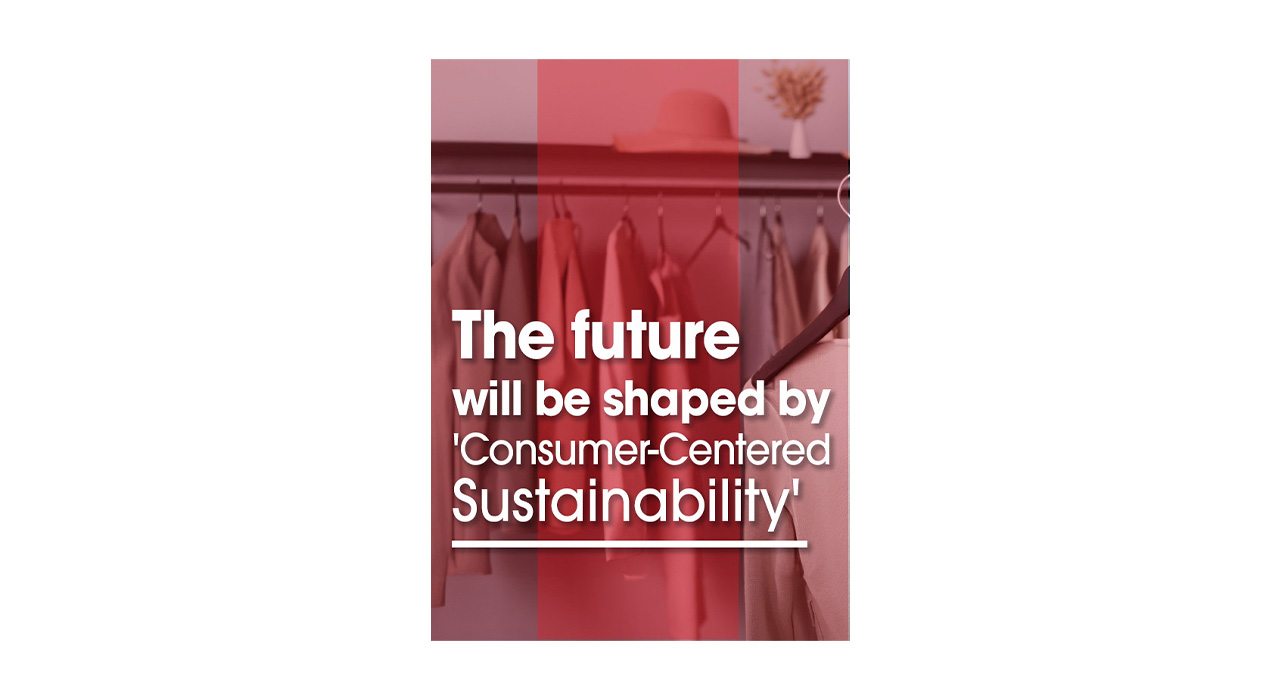
The future will be shaped by "Consumer-Centered Sustainability"
While climate change and global warming are among the world's most important problems, the concept of sustainability has become an indispensable part of our lives. In sustainable production, consumer demands and inclusion in decision-making mechanisms gain importance. Aksa Akrilik predicts that the future of sustainability will be shaped on the axis of 'Consumer-Centered Sustainability'.
While the importance of sustainable production is increasing in the textile industry, which has the highest impact on the environment, the awareness of consumers leads companies to improve their approaches and practices on sustainability. Aksa Akrilik, which undertakes many investments and practices to ensure less energy and less natural resource consumption, sets an example for the sector with its sustainable production. One of Aksa's investments to reduce its impact on the environment is the Rever Osmosis plant that utilizes seawater. Very soon, it is planned to produce without contact with fresh water. Recycled fiber Acrycycle and EcoDye dyeing technology, which provides up to 93 percent less water consumption and 69 percent lower carbon emissions, are some of Aksa's sustainable production practices.
While doing all this, the importance of getting consumers' opinions and including them in the decision-making mechanism is increasing. The reason is that one third of the impact of a textile product on nature occurs during production and two thirds during consumption; washing, drying, ironing, dry cleaning and dry cleaning. From this point of view, Aksa Akrilik has identified three areas of development in sustainable production: "Involving the consumer in the decision-making mechanism, consumer decision-making, consumers' input and support in designing tomorrow".
AKSA DEVELOPED PRODUCTS THAT OFFER SOLUTION TO DEMANDS
While setting targets for 2030 and 2050, the market research conducted to measure what consumers want and expect revealed the following results: "Consumers do not want to wear a T-shirt or shirt for one day and wash it immediately. However, they see washing as a necessity for fear of bad odor. In other words, the consumer is aware that frequent washing has an impact on nature, financial loss and natural resources."
Based on this determination, Aksa Acrylic produced Everfresh, a product that does not retain bacteria, provides odor control and is difficult to wrinkle, to eliminate the problem of odor and ironing.
Another notification from consumers is; "I have a sweater, a t-shirt, brand new, no problems. There is only a little pilling under the armpit and the collar is discolored. I should be able to use this product, I enjoy using this product'. In response, Aksa developed the pill out product, which lasts up to 10 times longer than the products on the market and therefore consumes less natural resources.
Another issue that consumers attach importance to is fast drying, and Aksa has produced products that dry faster. Aksa's products, which are both sweat-proof and fast-drying, attracted interest in the market.
The third observation was that after using a product, consumers want it to be instantly clean, at low temperature and in one wash. Taking this into consideration, Aksa developed the easy-to-clean Acrylosion product.
On the other hand, feedback from consumers revealed that consumers do not like dry cleaning, do not want to take a product to dry cleaning, spend time and money, expose the product to chemicals and steam.
In light of all these notifications, Aksa Akrilik developed a new sustainability model called 'Consumer-Centered Sustainability'. Believing that the future of sustainability will be shaped on this basis, Aksa leads the sector in this regard with the awareness that methods that exclude the consumer are doomed to fail.
THREE IMPORTANT FINDINGS
- One third of a product's impact on the environment occurs during production and the remaining two thirds during washing, drying and preparation for use.
- In order to achieve full sustainability, the consumer, who performs the actions that make up two-thirds of the impact, must be included in the process.
- According to consumer research, consumers are looking for less washing, longer lasting use, faster drying, less staining, stain resistance and fast drying features.
